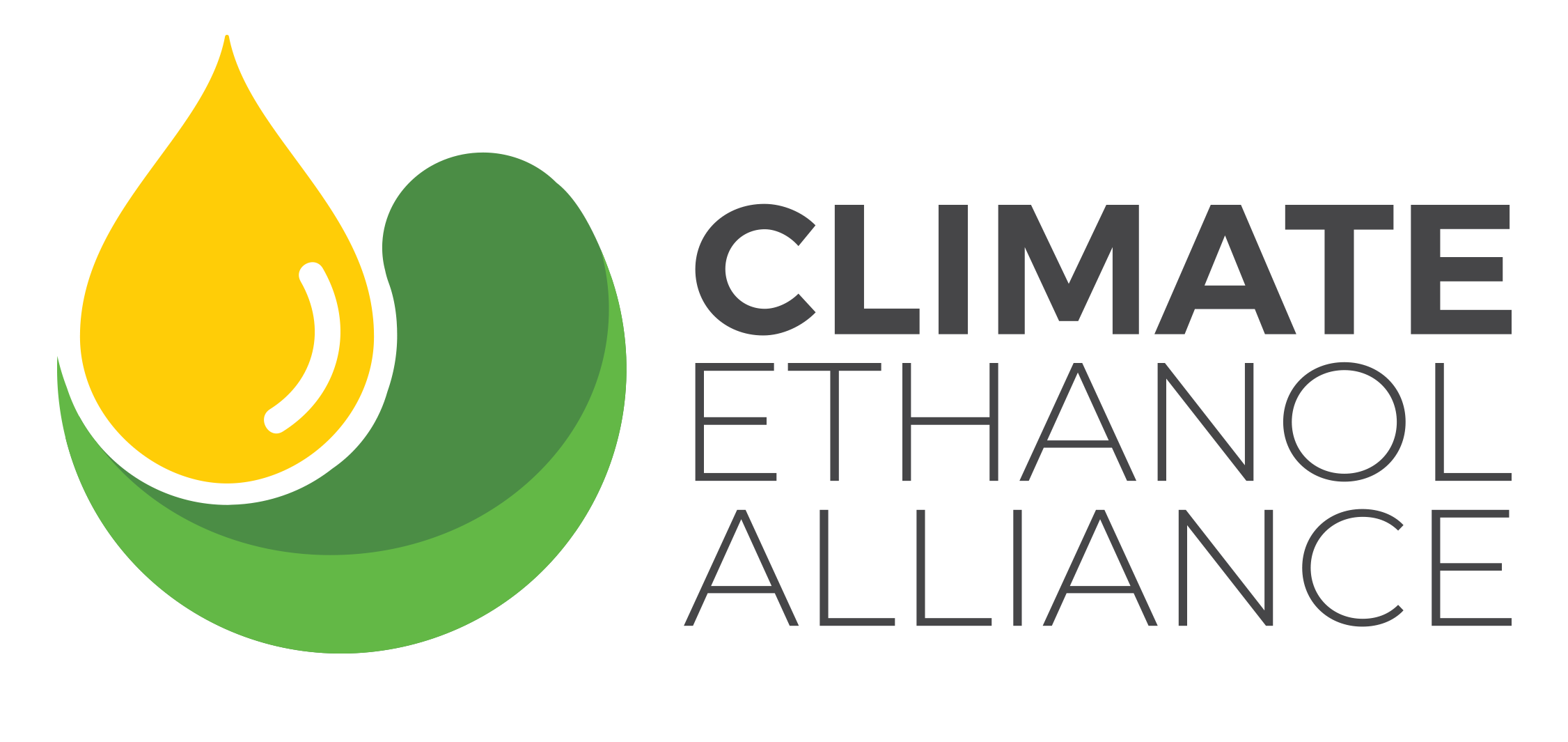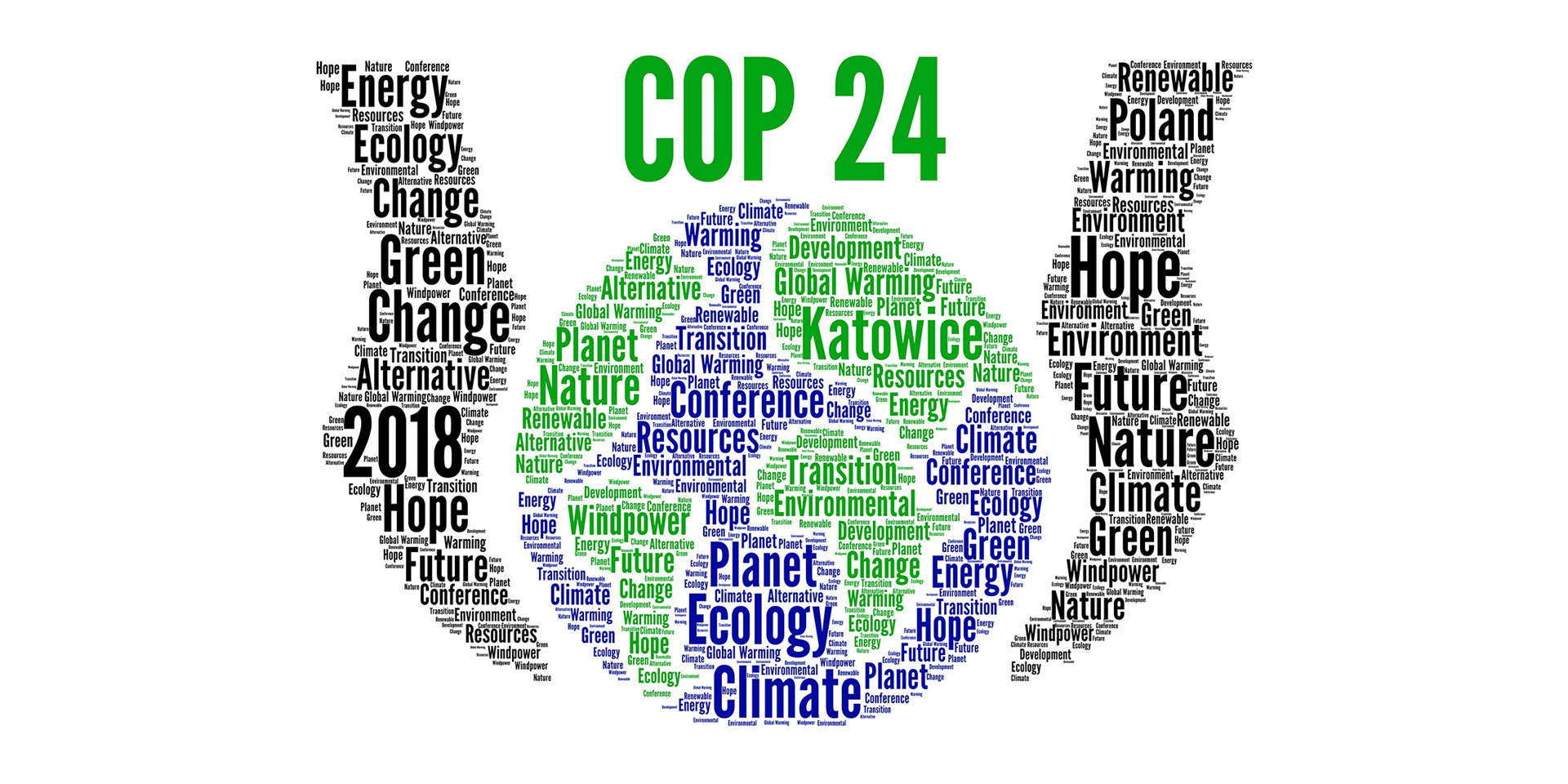The 2018 U.N. Climate Change Conference including the 24th session of the Conference of the Parties to the UNFCCC (COP 24) is due to be held in Katowice, Poland from the 3rd -14th of December 2018. Katowice is the third Polish city to host the event following Poznan in 2008 and Warsaw in 2013. This year’s conference looks to build upon the achievements of 2017’s COP 23 organised by the Fijian government.
Since the signing of the Paris Agreement at COP 21 in 2015 one of the main goals of the annual COP conferences has been to agree a set of implementation guidelines for the Paris agreement. At COP 23 significant progress was made on this framework with agreements reached on a range of issues and the adoption of “The Fiji Momentum for Implementation”. This year’s conference will continue that work by finalising all outstanding details to begin the full implementation of the Paris Agreement in 2020.
Poland is using its Presidency of COP 24 to inspire attendees with its achievements in relation to climate change such as reducing its CO2 emissions by 32% instead of the required 6%, all while maintaining solid economic growth.
Innovation is also a core theme of COP 24, with new proposals for achieving more in the spirit of the Paris Agreement including a proposal to research the efficacy and economic impact of using Forests and their soils to capture and sequester excess atmospheric carbon.
The long-term goal of The Paris Agreement is to limit any increase in global average temperature to less than 2 °C above pre-industrial levels. Climatologists warn that a failure to do so will have catastrophic consequences; including rising seas, searing heat waves, drought, wildfires, and extreme storms. The agreement allows for developing nations to sustain their economic growth by limiting increases in emissions rather than demanding decreases immediately which may cause economic growth to stagnate.
Transportation is one of the largest contributors to increased greenhouse gas emissions and it is growing as populations swell and the transportation fleet grows. In the U.S Carbon emissions related to transportation accounted for 28% of all U.S emissions in 2016 making transportation the largest single source of greenhouse gasses in that period. Emissions from the transportation industry are continuing to grow at an unsustainable rate worldwide.
Biofuels aid in reducing emissions in transport without major infrastructural changes. Corn ethanol is a key biofuel for the petrol fleet that has high sustainability credentials. Ethanol: its production, its effect and its byproducts are key drivers of the UN’s own Sustainable Development Goals.
The Climate Ethanol Alliance was formed in advance of COP 23 and will return to COP 24 to continue the campaign for Ethanol to be used as a key technology in decarbomising transport
Full details about the event can be found on the Polish Government’s page here.

